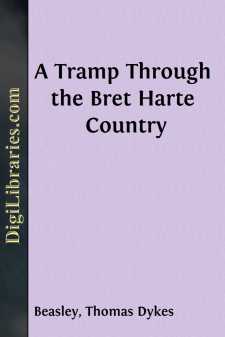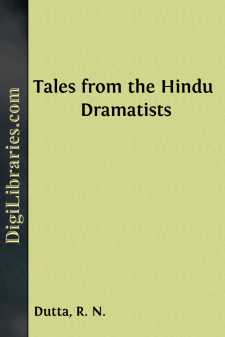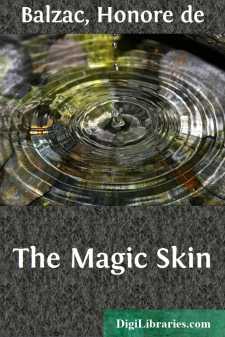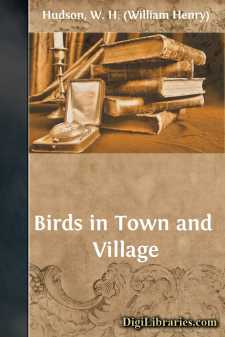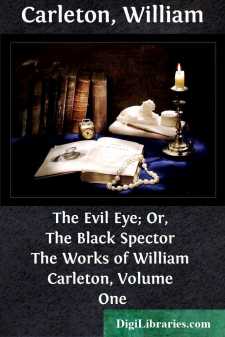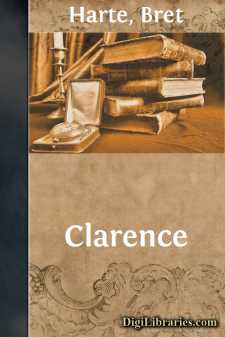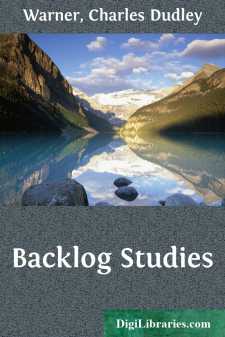Categories
- Antiques & Collectibles 13
- Architecture 36
- Art 48
- Bibles 22
- Biography & Autobiography 813
- Body, Mind & Spirit 142
- Business & Economics 28
- Children's Books 15
- Children's Fiction 12
- Computers 4
- Cooking 94
- Crafts & Hobbies 4
- Drama 346
- Education 46
- Family & Relationships 57
- Fiction 11828
- Games 19
- Gardening 17
- Health & Fitness 34
- History 1377
- House & Home 1
- Humor 147
- Juvenile Fiction 1873
- Juvenile Nonfiction 202
- Language Arts & Disciplines 88
- Law 16
- Literary Collections 686
- Literary Criticism 179
- Mathematics 13
- Medical 41
- Music 40
- Nature 179
- Non-Classifiable 1768
- Performing Arts 7
- Periodicals 1453
- Philosophy 64
- Photography 2
- Poetry 896
- Political Science 203
- Psychology 42
- Reference 154
- Religion 513
- Science 126
- Self-Help 84
- Social Science 81
- Sports & Recreation 34
- Study Aids 3
- Technology & Engineering 59
- Transportation 23
- Travel 463
- True Crime 29
A Tramp Through the Bret Harte Country
Categories:
Description:
Excerpt
Foreword
In California's imaginary Hall of Fame, Bret Harte must be accorded a prominent, if not first place. His short stories and dialect poems published fifty years ago made California well known the world over and gave it a romantic interest conceded no other community. He saw the picturesque and he made the world see it. His power is unaccountable if we deny him genius. He was essentially an artist. His imagination gave him vision, a new life in beautiful setting supplied colors and rare literary skill painted the picture.
His capacity for absorption was marvelous. At the age of about twenty he spent less than a year in the foot-hills of the Sierras, among pioneer miners, and forty-five years of literary output did not exhaust his impressions. He somewhere refers to an "eager absorption of the strange life around me, and a photographic sensitiveness, to certain scenes and incidents." "Eager absorption," "photographic sensitiveness," a rich imagination and a fine literary style, largely due to his mother, enabled him to win at his death this acknowledgment from the "London Spectator:" "No writer of the present day has struck so powerful and original a note as he has sounded."
Francis Bret Harte was born in Albany, New York, August 25, 1836. His father was a teacher and translator; his mother a woman of high character and cultivated tastes. His father having died, he, when nine, became an office boy and later a clerk. In 1854 he came to California to join his mother who had married again, arriving in Oakland in March of that year. His employment for two years was desultory. He worked in a drug store and also wrote for Eastern magazines. Then he went to Alamo in the San Ramon Valley as tutor—a valued experience. Later in 1856 he went to Tuolumne County where, among other things, he taught school, and may have been an express messenger. At any rate, he stored his memory with material that ten years later made him and the whole region famous.
In 1857 he went to Humboldt County where his sister was living. He was an interesting figure, gentlemanly, fastidious, reserved, sensitive, with a good fund of humor, a pleasant voice and a modest manner. He seemed poorly fitted for anything that needed doing. He was willing, for I saw him digging post holes and building a fence with results somewhat unsatisfactory. He was more successful as tutor for two of my boy friends. He finally became printers' devil in the office of the "Northern Californian," where he learned the case, and incidentally contributed graceful verse and clever prose.
He returned to San Francisco early in 1860 and found work on the "Golden Era," at first as compositor and soon as writer. In May, 1864, he left the "Golden Era" and joined others in starting "The Californian." Two months later he was made editor of the new "Overland Monthly." The second number contained "The Luck of Roaring Camp." It attracted wide attention as a new note. Other stories and poems of merit followed. Harte's growing reputation burst in full bloom when in 1870 he filled a blank space in the "Overland" make-up with "The Heathen Chinee." It was quoted on the floor of the Senate and gained world-wide fame....


